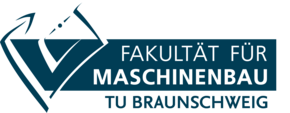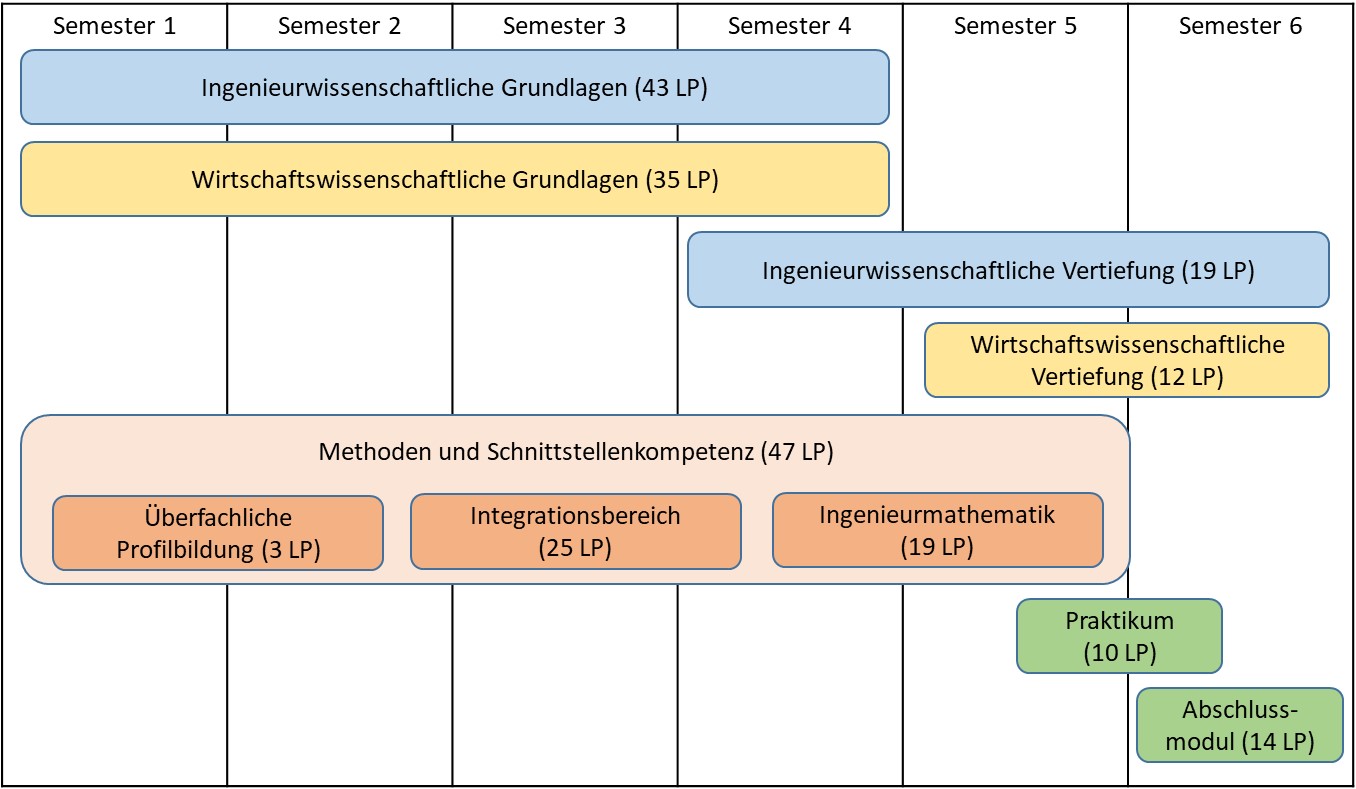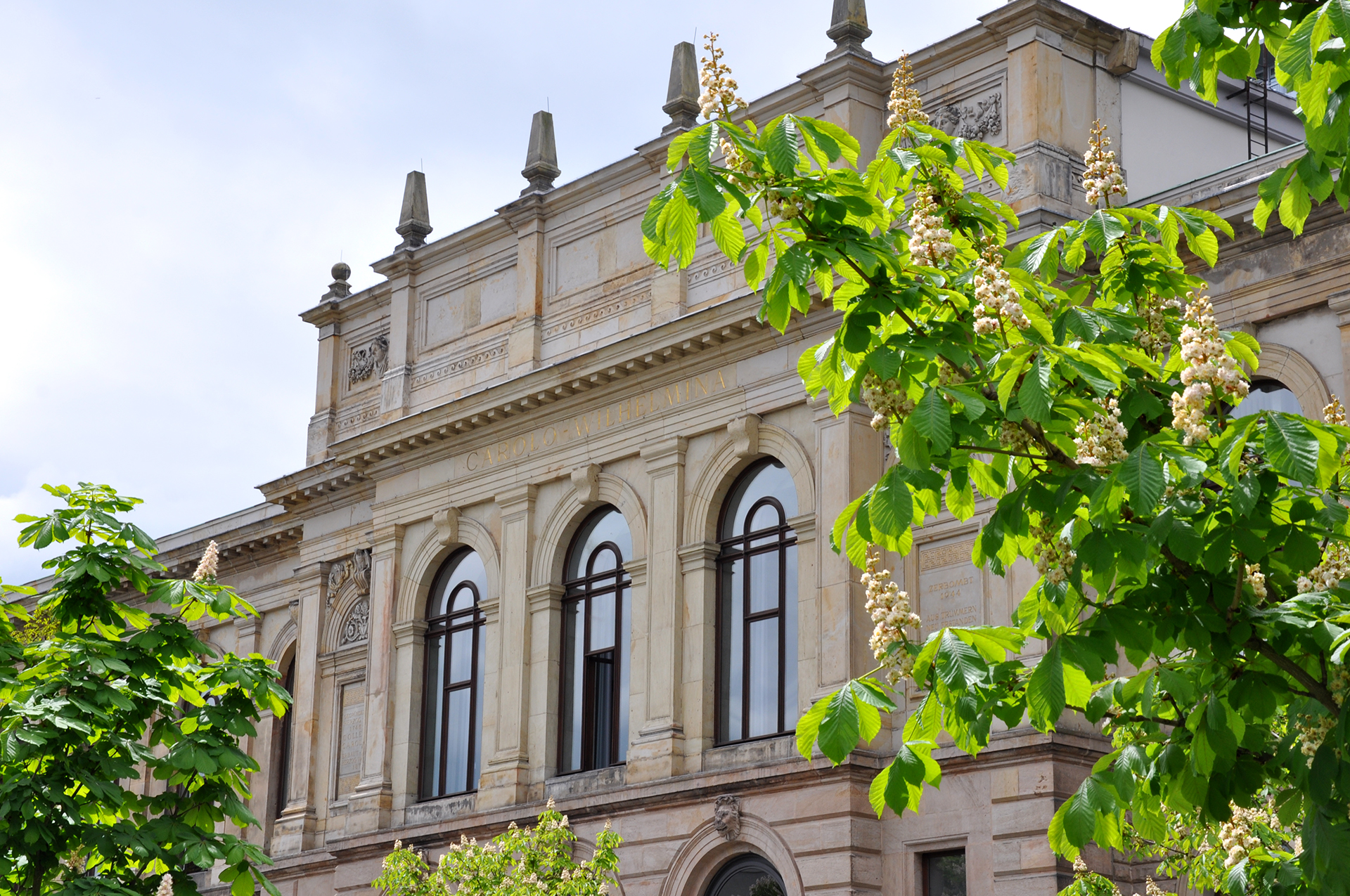

Start of study: Winter semester. The program is open admission.
Standard period of study: 6 semesters
Degree: Bachelor of Science
Internship: An 8-week pre-study internship must be completed before the start of the programme.
Website Internship
Facts about financing your studies in Germany
To the central pages for prospective students / Application

Note: This page contains information for students starting their studies from winter semester 2022/23.
Special documents and downloads regarding the study programme (Curriculum, Examination regulations, Course handbook), also for students starting their studies before WiSe 2022/23, can be found on the subpage Documents.
The diagram below shows the structure of the degree programme and provides a rough overview (english version will follow).
The Curriculum contains a more detailed overview of the individual areas per semester. A complete, detailed description of the study program and all subjects is the Course Handbook. These documents are available on the Documents subpage.

Basic subjects are subjects that must be taken by all students in the Mechanical Engineering and Management program. They are divided into three groups:
These subjects provide a broad foundation of knowledge on which the subsequent specialization can be built.
Until the end of the third semester, the course content is the same for all students.
At the beginning of the fourth semester, the students set individual focal points for their course of study. The decision for the specializations thus usually takes place during the third semester of study at the latest:
In the engineering field, one major is chosen. In the business field, two majors are chosen.
| General Mechanical Engineering | Energy- and Process Engineering | |
| Automotive Engineering and mobile Systems | Aerospace Engineering | Materials Sciences |
| Mechatronics | Production, Automation and Systems |
| Decision Support | Services Management | Finance |
| Information Management | Marketing | |
| Organization and leadership | Production and logistics | |
| Law | Business Accounting | Economics |
In order to convey interdisciplinary contents, a project work is to be completed in the chosen specialization. The interdisciplinary project work is carried out in teams based on the division of labor and serves above all to promote the ability to develop, implement and present concepts as well as to work out and formulate results in teamwork.
The integration area bridges the gap between the two disciplines involved in the degree program, mechanical engineering and economics, and prepares students for a professional activity as an industrial engineer - often located at this interface.
In addition to the compulsory modules "Quantitative Methods in Economics" and "Digital Tools", students can take subjects such as industrial science, industrial quality management or a business management game.
When choosing the module "Interdisciplinary profiling", students can draw on the entire program of courses offered by the TU Braunschweig. Any course that concludes with an examination event and that is not part of the student's own bachelor's degree program can be selected, e.g. training in action-related skills or language courses.
After completion of the pre-study internship, an additional engineering internship of 10 weeks must be completed during the bachelor's program. The internship guidelines on the page below provide more detailed information, e.g. on areas and time-related issues.
Please finde the internship guidelines on the website Forms and Downloads
The engineering internship gives you the opportunity to get to know professional environments and possible future requirements already during your studies. You can find all information about internships on the central internship website.
The bachelor's program is completed by the final module. It includes the preparation of a written paper, the bachelor thesis (12 LP), as well as a presentation (2 LP) of the achieved results.
The bachelor thesis should demonstrate the students' ability to write a scientific paper. Furthermore, this module trains the documentation and communication (presentation) of scientific results and enables the students to successfully apply these working methods in their future field of activity after their education.
